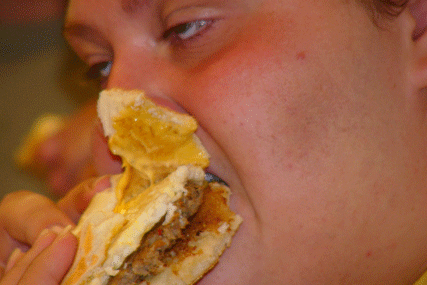
Last year, Ofcom began a phased introduction of regulation that limits the TV advertising of HFSS - food and drink products that are high in fat, salt or sugar - products around children's programmes and shows with a particular appeal to under-16s.
The regulator estimates that since this staggered introduction, the amount of junk food ads seen on TV by children aged four to 15 across all hours has dropped by 34% in the 12 months since last July. This was in comparison to 2005 impacts, before any restrictions had been imposed.
From January, the ban on junk food ads will extend to all children's channels and Ofcom is confident this should mean that the number of HFSS ads seen by kids on these channels will fall to zero, due to strict monitoring by Clearcast, the advertising clearance body. Currently, HFSS advertising accounts for 1.4 billion impacts on digital children's channels, a figure expected to fall to zero from the beginning of next year.
Although there has been a decline in food and drink advertising on these children's channels, the regulator, using figures that go up to the end of 2007, said ad revenue had risen and been offset by growth in other sectors.
The commercial PSBs have experienced a 6% decline in ad revenue from food and drink commercials, as well as an overall decline in ad revenue.
The estimated reduction in exposure for younger children aged between four and nine was 39% and for older children, aged between 10 to 15, was a little less at 28%. Overall, the number of junk food ads aired between 6-9pm fell by 29%, and by 63% during children's airtime.
Kate Stross, Ofcom's director of content, ruled out extending the regulations to target adults, saying: "Adults are able to make informed choices about food."
When asked what effect the drop was deemed to have on child obesity, Peter Bourton, Ofcom's head of commercial policy, said: "We only ever said the restrictions would have a modest effect on children's food preferences."
He called the restrictions a "contribution" to an overall government drive to reduce obesity in children and said it would be very hard to "untangle the effects of this initiative from the rest".


.jpg)


.jpg)